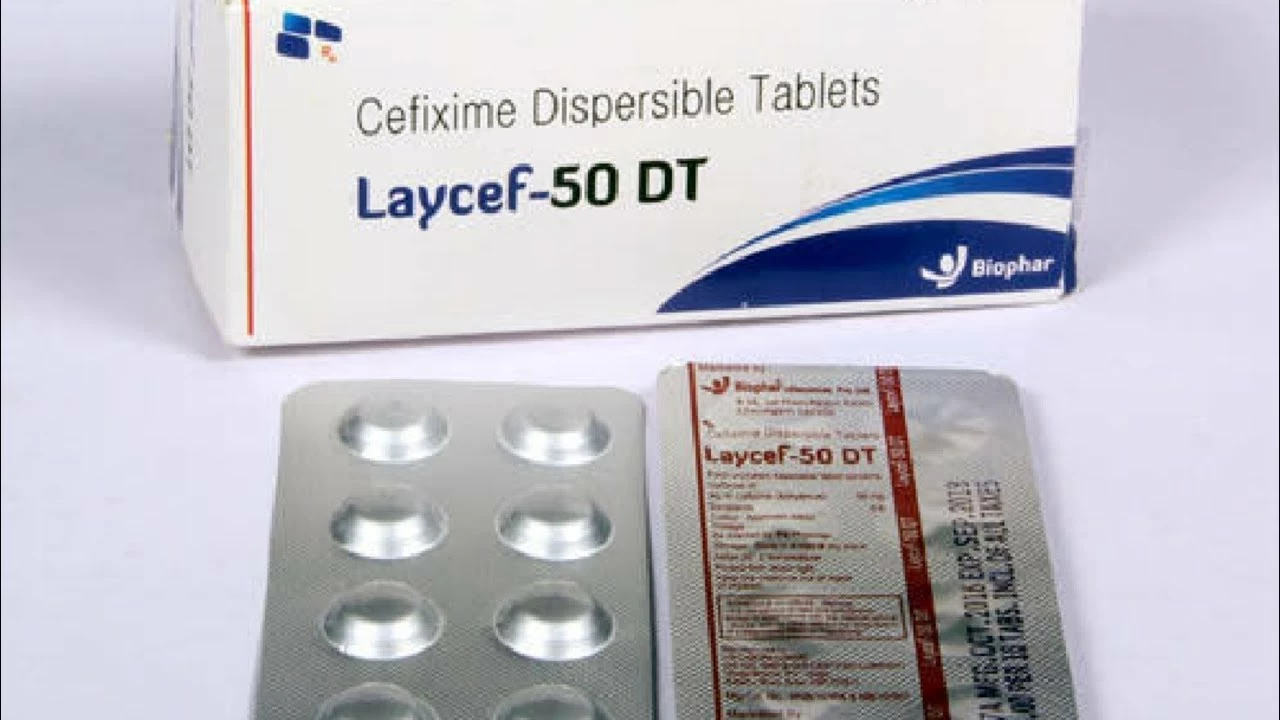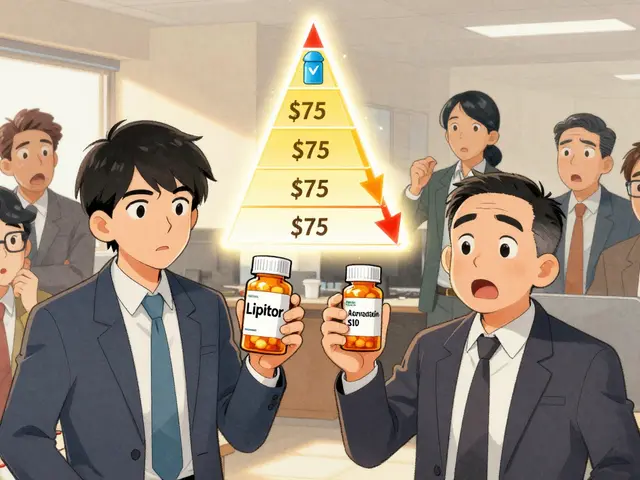Pneumonia: What It Is, How It Hits You, and Ways to Bounce Back
Ever felt a sudden chest heaviness, fever that won’t quit, or a cough that just won’t quiet down? Chances are you’ve heard of pneumonia – the lung infection that can turn an ordinary day into a hospital stay. It’s not just ‘a bad cold’; it’s inflammation of the air sacs (alveoli) that fill with fluid or pus, making breathing harder and oxygen exchange less efficient.
Why Pneumonia Happens
Pneumonia can be sparked by bacteria, viruses, fungi, or even inhaled chemicals. The most common culprits are Streptococcus pneumoniae (a bacterial strain) and the flu virus. When your immune system is weakened – think older age, smoking, chronic illnesses, or a recent cold – those germs find an easy entry point.
Symptoms usually show up fast: high fever, shaking chills, shortness of breath, chest pain that worsens when you breathe deep, and a cough that produces yellow‑green sputum. Some folks get just a mild headache and fatigue, which can make diagnosis tricky without a doctor’s check‑up.
How Doctors Diagnose It
A quick physical exam (listening to your lungs with a stethoscope) is the first step. To confirm, doctors often order a chest X‑ray – it shows cloudy spots where fluid has gathered. Blood tests check for infection markers, and sometimes a sputum culture pinpoints the exact germ so they can pick the right medication.
In severe cases, especially when oxygen levels drop, an arterial blood gas test or CT scan might be needed. Early detection is key; the sooner you start treatment, the faster your lungs can clear out the mess.
Treatment Options That Actually Work
If bacteria are behind it, antibiotics like amoxicillin, azithromycin, or newer fluoroquinolones (think Cipro) are prescribed. For viral pneumonia, antiviral drugs such as oseltamivir help if caught early, but most viral cases rely on supportive care – rest, fluids, and fever reducers.
Severe infections may require hospitalization. Intravenous antibiotics deliver higher doses straight to the bloodstream, and supplemental oxygen or even a ventilator supports breathing while the lungs heal. Some patients benefit from steroids to reduce inflammation, but that’s decided case‑by‑case.
Quick Tips to Speed Up Recovery
1️⃣ Stay hydrated – water, herbal tea, broth – keep the mucus thin.
2️⃣ Use a humidifier or take steamy showers; moisture eases coughing.
3️⃣ Follow the prescription schedule exactly. Skipping doses can let germs bounce back.
4️⃣ Get plenty of rest. Your body needs energy to fight infection.
5️⃣ Quit smoking and avoid second‑hand smoke – they irritate already inflamed lungs.
Vaccines are a game‑changer. The pneumococcal vaccine shields against the most common bacterial strain, while the flu shot cuts down viral pneumonia risk each year. If you’re over 65 or have chronic health issues, talk to your doctor about getting both.
When to Seek Immediate Help
If you notice rapid breathing, bluish lips, confusion, or chest pain that doesn’t ease, call emergency services right away. Those signs mean the infection could be spreading fast and may need intensive care.
Pneumonia can feel scary, but with quick diagnosis, proper meds, and good home care, most people bounce back fully. Keep an eye on your symptoms, stay up‑to‑date on vaccines, and don’t ignore a stubborn cough – your lungs will thank you.

Cefixime for pneumonia: efficacy, dosage, and potential side effects
Cefixime is an antibiotic that, when used properly, can be effective for treating pneumonia. It's vital to follow the prescribed dosage to avoid under or overdose, which can lead to ineffective treatment or adverse side effects. Potential side effects can range from mild symptoms such as nausea, diarrhoea, and stomach upset to more severe ones like an allergic reaction. It's crucial to consult your doctor about these potential issues before starting the treatment. Remember, antibiotics like Cefixime are powerful medicines, so use them responsibly.
Detail




